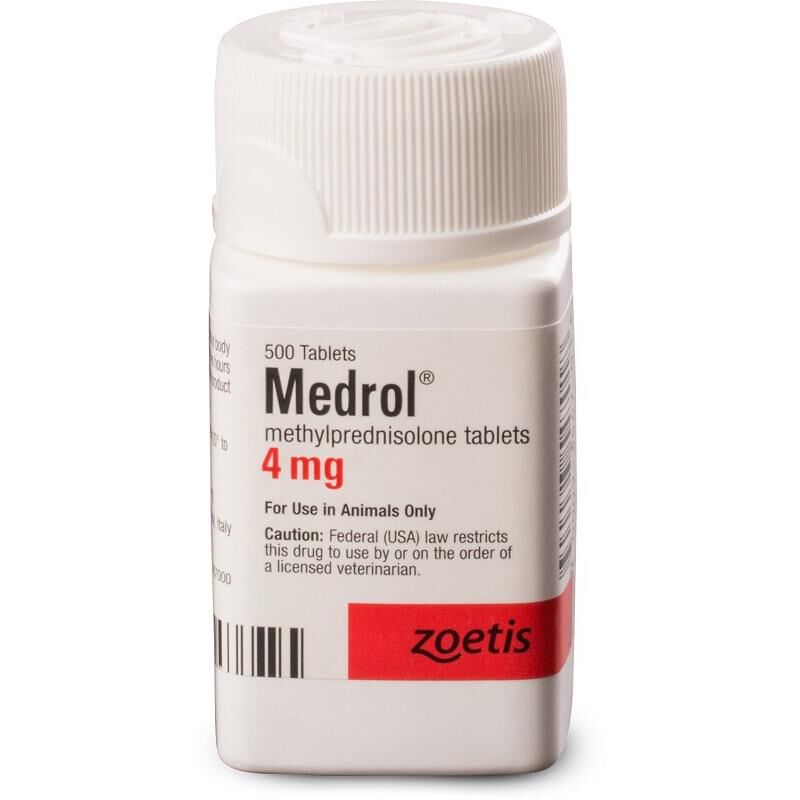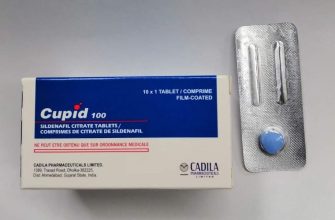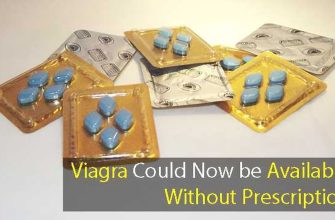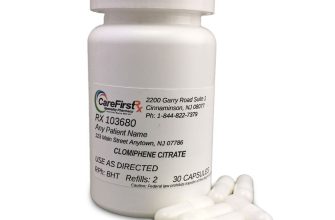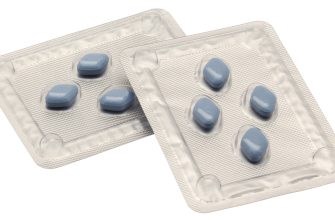Methylprednisolone 4mg tablets are a low-dose corticosteroid, frequently prescribed for managing inflammation. Remember to always follow your doctor’s instructions precisely.
- Common Uses
- Potential Side Effects
- Important Considerations
- When to Seek Medical Attention
- Dosage and Administration
- Storage
- Disclaimer:
- Interactions with Other Medications and Substances
- Nonsteroidal Anti-inflammatory Drugs (NSAIDs)
- Potassium-Depleting Diuretics
- Insulin and Oral Hypoglycemics
- Digoxin
- Vaccines
- Alcohol
- Other Interactions
Common Uses
- Allergic reactions: Provides relief from symptoms like swelling and itching.
- Autoimmune diseases: Helps manage inflammation associated with conditions like lupus or rheumatoid arthritis (in conjunction with other treatments).
- Exacerbations of chronic conditions: Offers temporary symptom control during flare-ups.
Dosage varies greatly depending on the condition and individual response. Your physician determines the appropriate regimen.
Potential Side Effects
While generally safe at low doses, potential side effects include increased appetite, weight gain, mood changes, and insomnia. Long-term use carries a higher risk of more serious side effects. Discuss any concerns with your doctor.
Important Considerations
- Medication Interactions: Methylprednisolone can interact with other medications. Inform your doctor of all medications, supplements, and herbal remedies you are taking.
- Pre-existing Conditions: Individuals with diabetes, high blood pressure, glaucoma, or infections should discuss the risks with their physician before starting treatment.
- Gradual Tapering: Do not stop taking methylprednisolone abruptly. Your doctor will create a tapering schedule to minimize withdrawal symptoms.
When to Seek Medical Attention
Contact your doctor immediately if you experience severe side effects, such as significant swelling, difficulty breathing, or unusual bruising.
Dosage and Administration
Always adhere to the prescribed dosage and frequency. Swallow tablets whole with water. Never adjust your dosage without consulting your physician.
Storage
Store methylprednisolone tablets at room temperature, away from moisture and direct sunlight.
Disclaimer:
This information is for educational purposes only and should not be considered medical advice. Always consult your physician or pharmacist for personalized guidance related to your health and medication.
Interactions with Other Medications and Substances
Methylprednisolone can interact with several medications. Always inform your doctor and pharmacist about all medications, supplements, and herbal remedies you are taking, including over-the-counter drugs. This includes prescription drugs, non-prescription medications, vitamins, and supplements.
Nonsteroidal Anti-inflammatory Drugs (NSAIDs)
Combining methylprednisolone with NSAIDs like ibuprofen or naproxen increases the risk of stomach ulcers and bleeding. Your doctor may monitor you closely for these side effects or suggest alternative pain management strategies.
Potassium-Depleting Diuretics
Methylprednisolone can worsen potassium loss when taken with potassium-depleting diuretics. This interaction can lead to low potassium levels (hypokalemia), potentially causing irregular heartbeat. Regular blood tests to monitor potassium levels are usually recommended.
Insulin and Oral Hypoglycemics
Methylprednisolone may raise blood sugar levels, potentially reducing the effectiveness of insulin or oral hypoglycemic medications used to treat diabetes. Your doctor might adjust your diabetes medication dosage or increase monitoring of your blood sugar.
Digoxin
Concomitant use of methylprednisolone and digoxin (used to treat heart conditions) can increase the risk of digoxin toxicity. Careful monitoring of digoxin levels is often necessary.
Vaccines
Methylprednisolone can weaken the immune response to live vaccines. Avoid receiving live vaccines while taking this medication, and discuss vaccination timing with your doctor.
Alcohol
Excessive alcohol consumption can increase the risk of stomach ulcers and bleeding when combined with methylprednisolone. Limit alcohol intake while you are on this medication.
Other Interactions
Many other drug interactions are possible. Always consult your doctor or pharmacist for a complete list of potential interactions and to ensure safe medication usage. They can provide personalized advice based on your health status and other medications you are taking.

